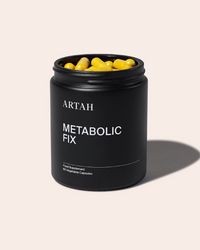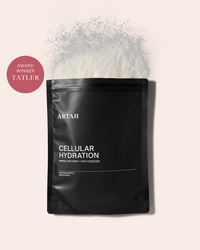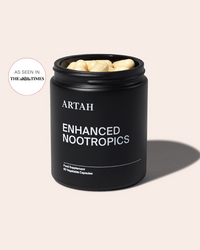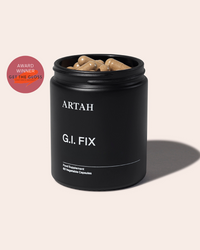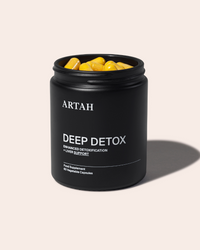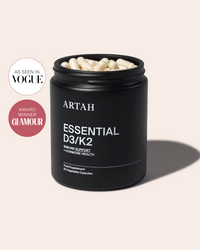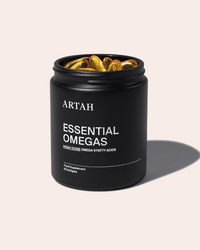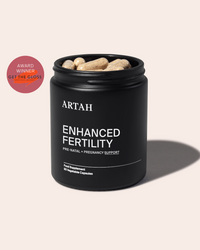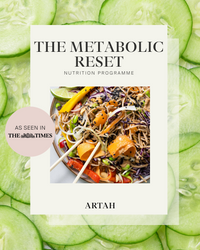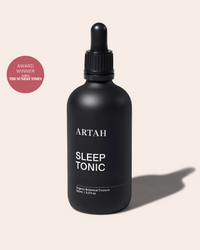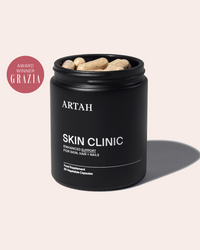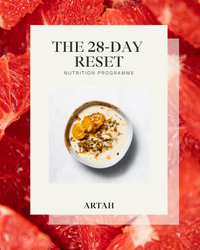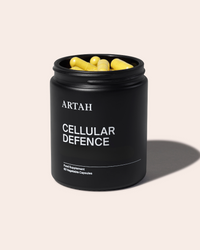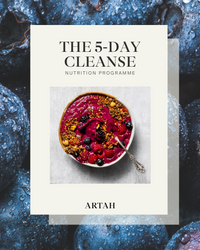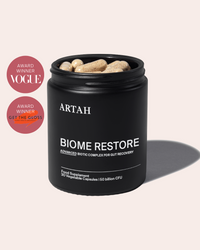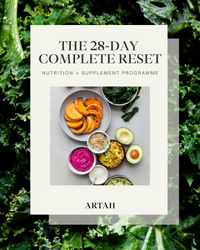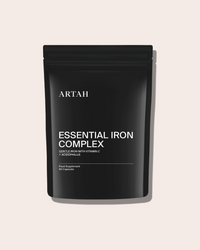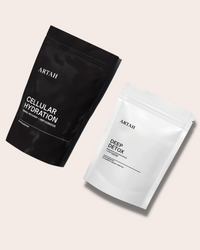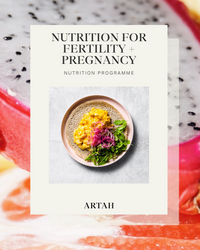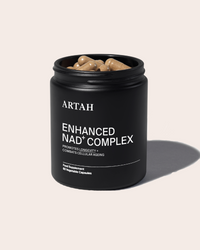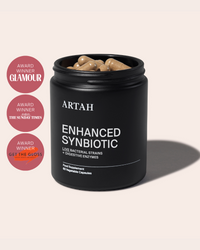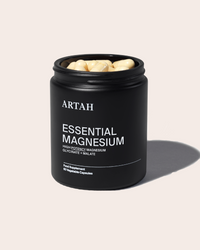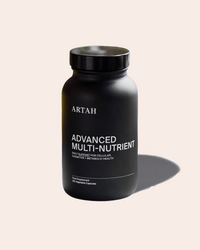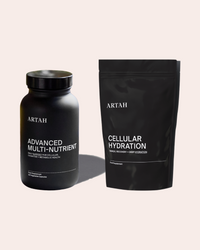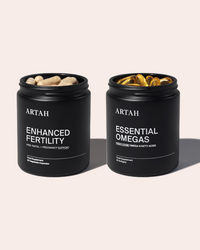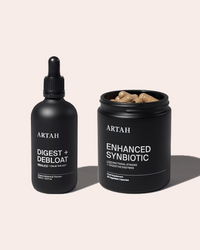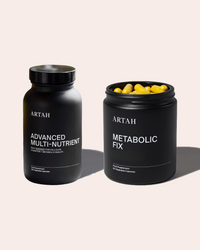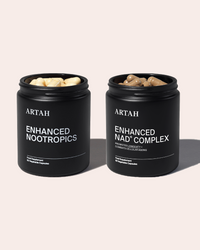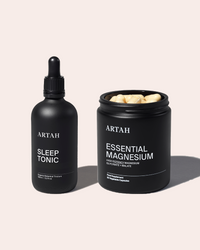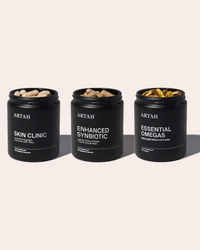The New Wave Of Nutrients
Move over macros, phytonutrients are the ones to watch
We’ve all witnessed the explosion of plant-based diets, and for good reason – plants are packed with vitamins and minerals that are essential for optimal human health. But there is a new class of compounds that are getting major kudos when it comes to health. Phytonutrients, or phytochemicals, refer to the bioactive compounds found in plants, and whilst they aren’t classed as ‘essential’ to human health (yet), research is steadily emerging that points to their unique and beneficial effects on our biology. Read on to learn more about the new wave of nutrients.
Functional phytochemicals are a thing.
Plants have evolved specific defence mechanisms to ensure their survival when faced with different stressors, including different climates and ultraviolet radiation, as well as potential predators and attackers such as bacteria, viruses, fungi, insects and animals. They do this by producing special secondary metabolites called phytonutrients or phytochemicals (“Phyto” is Greek for plant). Over 25,000 have been identified, and many of metabolites have been found to not only be beneficial to human health, but they’re also essential to the health of our microbiome.
One group of these, called polyphenols, are a standout example. Polyphenols protect plants against ultraviolet radiation and pathogens in humans. They are anti-inflammatory in nature and play a key role in immune health, heart health, and healthy ageing. They have also been shown to be associated with a reduced risk of developing chronic diseases like type 2 diabetes and cancer.
One of the main ways in which polyphenols exert their health benefits is through their interaction with our gut microbiome, where they behave like prebiotics (dietary fibres which are broken down in the gut that promote the growth of beneficial bacteria). They increase the production of postbiotic messengers like short-chain fatty acids (SCFAs), which support gut barrier integrity and reduce inflammation. Food sources of polyphenols include most plant-based foods - vegetables, nuts, flaxseeds, berries, herbs, spices, olives, coffee, tea and cocoa powder.
Polyphenols aren’t the only compounds with great health benefits. Here are our top five noteworthy bioactives from the phytonutrient world:
Quercetin
Quercetin is a powerful compound belonging to the flavonoid family of phytonutrients, a sub-class of polyphenols. It has been studied for its antioxidant, antimicrobial, anti-inflammatory, anti-tumour and anti-diabetic properties. It’s also known for its antihistamine capability as it can stabilise mast cells (cells that release histamine in the body, causing symptoms such as sneezing, sniffing, and itching). Most recently, it’s been a focus of attention in Covid-19 research because of its ability to inhibit pro-inflammatory compounds produced by the virus.
Food sources: apples, citrus fruits, red grapes, cherries, green leafy vegetables, onions (the highest source!), and raw honey.
Supplement sources: Because of its immune strengthening effects, quercetin is found in Cellular Defence, alongside other potent anti-viral polyphenols like olive leave and astragalus.
Alpha Lipoic Acid
Alpha Lipoic Acid is found in all cells in the body and is often referred to as the “universal antioxidant” because it’s both fat and water-soluble. It’s synthesised by both plants and humans. In humans, alpha lipoic acid is made inside organelles called mitochondria (the cell “powerhouses”), where glucose is transformed into energy.
Studies have linked alpha lipoic acid with positive outcomes in the areas of blood sugar management, inflammation, and nerve function. It’s even been shown to support skin quality by combating fine lines and free radical damage.
Food sources: carrots, Brussels sprouts, spinach, broccoli, and potatoes.
Supplement sources: ALA is beneficial across multiple systems in the body, which is why it’s found in both Deep Detox, because of its capacity to improve detoxification and anti-inflammatory pathways, and in Metabolic Fix, which utilises its blood glucose balancing and energy production capabilities.
Phenolic Acids
Phenolic acids are another member of the polyphenol category of phytonutrients, known for their anti-oxidant and anti-inflammatory benefits and studied in relation to their anti-microbial action and chronic conditions such as cancer, cardiovascular health and neurodegenerative diseases.
Food sources: fruits - particularly blueberries, blackberries (fruit skins and seeds contain the highest concentrations), whole grains, nuts, raw cacao, green tea, coffee and spices like oregano, thyme, rosemary, cinnamon and turmeric.
Supplement sources: Phenolic acid powerhouses cinnamon and green tea can be found in Metabolic Fix, and have been shown to support healthy blood sugar levels, reduce cravings and promote energy production. Turmeric is another botanical rich in phenolic acid, which can be found in Deep Detox, our liver-protecting, detoxifying all-star.
Lycopene
Lycopene is a carotenoid, an organic pigment that gives certain fruit and vegetables their red or pink colour. Lycopene is a powerful scavenger of free radicals and is best known for its antioxidant capacity, which is why its benefits are seen across multiple systems in the body. For example, studies have linked lycopene to a reduced risk of certain cancers (like prostate), improved cognition and memory, a reduction in fine lines and sun damage, and it's also touted as being cardioprotective because of its anti-inflammatory activity.
Food sources: tomatoes are by far the best source, but it’s also found in pink grapefruit, sweet red peppers, and watermelon. Tomato paste provides one of the highest sources of lycopene, due to cooking (which makes it more easily absorbable), and as lycopene is a fat-soluble nutrient, aim to pair your intake with a nice dose of fat.
Supplement sources: Lycopene can be found in Skin Clinic, and provides targeted support for fine lines, skin barrier integrity, sun protection and collagen protection.
Ellagic acid
Ellagic acid is another phytonutrient found under the polyphenol umbrella. It’s not easily absorbed, but that’s not a bad thing – it acts as a prebiotic for our microbiome, which metabolizes it into powerful, health promoting compounds called urolithins, which are antioxidant, anti-inflammatory, antimicrobial and anticarcinogenic in nature.
Food sources: pomegranate, cranberries, green tea, blackberries, strawberries, walnuts and pecans.
Supplement sources: You'll find Ellagic Acid from pomegranate in our new Enhanced Probiotic, and from green tea in our best-selling Metabolic Fix.
When it comes to health optimisation, the greater the variety of phytonutrients that we consume, the better. Aim for at least 40 different plant foods each week- vegetables, fruit, spices, herbs, nuts, seeds and legumes all count. If you’re in need of some inspiration, try out our 28-Day Reset, which features over 120 plant-forward recipes.
When it comes to supplementation, therapeutic blends of ingredients, rather than individual nutrients in isolation mirrors the natural world – nutrients work best in synergy with others to produce the best possible health outcome, especially when combined with a diverse, plant rich diet.
This article is for educational purposes only and the implementation of the theories and practices discussed is at the sole discretion of the individual. All advice given is not substitute for medical advice, diagnosis, or treatment. If you have any concerns about your health, you should speak with your physician.









